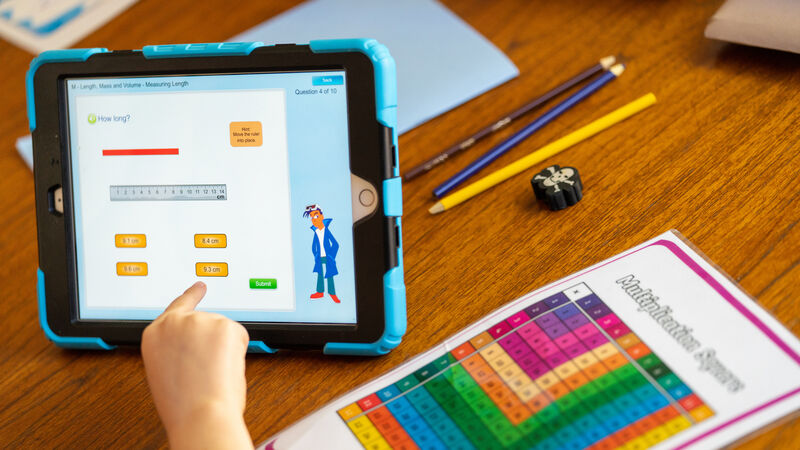'You're a teacher, a mother, a worker': Study shows toll of home-schooling on working mums

Study found working mothers assumed an additional and disproportionate care burden since the introduction of home-schooling. File picture.
As Ireland returns to home-schooling for the coming weeks, new research has shed light on its impact on working mothers.
The research, led by academics at Maynooth University, found that working mothers are experiencing psychological distress and redefined family roles due to the Covid-19 pandemic, with a new study suggesting that "as the crisis continues, these issues will likely persist".










